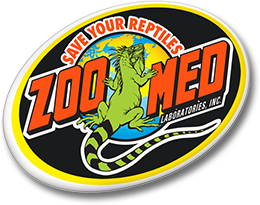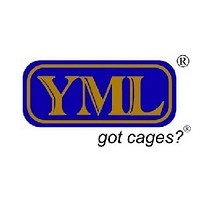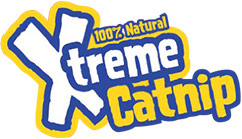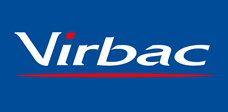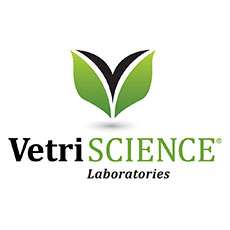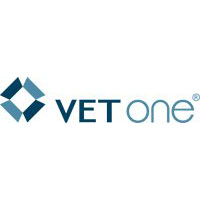What Foods Do Rabbits Eat?
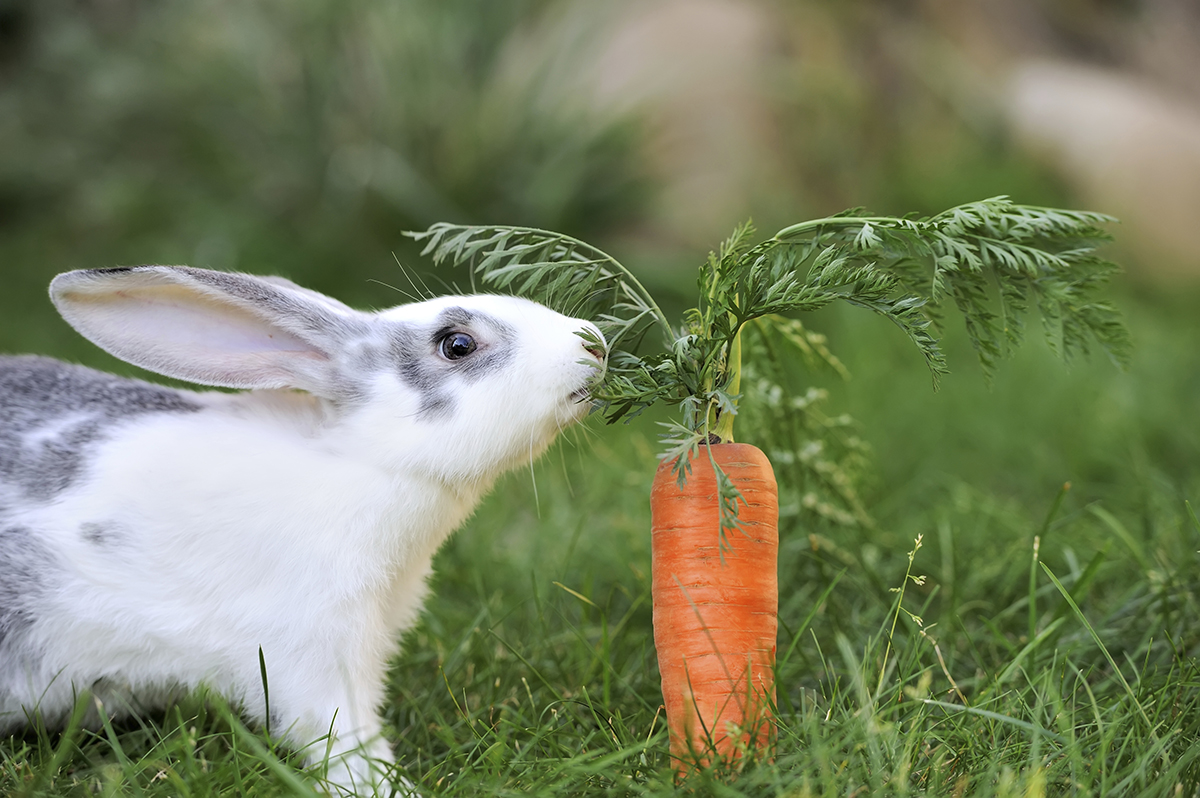
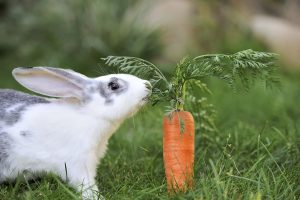
Feeding your rabbit is a more challenging undertaking than it seems at first glance. According to popular belief, rabbits subsist on carrots and lettuce. However, the fact is that feeding them just lettuce and carrots would rapidly kill them—and in an unpleasant manner. There are other items that you should avoid feeding your rabbit, including cabbage and parsnips.
However, the purpose of this post is to describe what foods are beneficial to your bunnies. It’s really rather simple: they should be fed mostly grass hay (the simple stuff, otherwise known as Timothy hay). They may also be fed straight grass, but it must always be completely dry.
Three Foods That Bunnies Should Consume
- Hay or grass that has been dried
- Pelletized (in small amounts)
- Vegetables in their natural state (in small amounts)
1. Grass and/or Hay
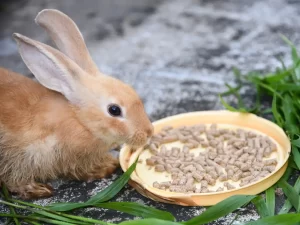
Hay or grass should account for the lion’s share of your rabbit’s diet. It should always have one of these meals ready to chew on. If you do feed it grass, be certain it has not been exposed to chemicals.
While bunnies are awake, they need practically continual feeding, and the roughage and long fibers found in grass and hay are ideal for keeping their digestive processes going. It is essential for a rabbit’s digestive tract to be active at all times, therefore never leave them without food, even overnight. Rabbits are crepuscular species, which means they are most active between dawn and dusk, although they may be active at any time of day or night. As a result, they must constantly have food on available, which should be hay or grass.
2. Pellets
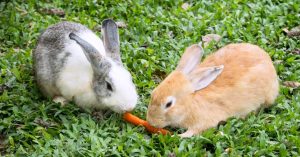
Pellets may also be included in a rabbit’s diet, although they should be fed in moderation. Pellets, particularly those containing little treats and seeds, are the dietary equivalent of stuffing your dogs with cheeseburgers and fries. While your child will always be glad to consume these meals, they should only be used as a treat and never as the primary meal. While straight pellets are a minor improvement, they are often extremely concentrated food sources.
3. Vegetables
While certain fresh veggies and fruit are beneficial additions to their diet, there are a few precautions to consider. Produce should be provided to rabbits that are at least six months old. Vegetables and fruits may be given in modest quantities, one at a time, after six months. Sudden food changes might disturb their digestive system, leading in illness and diarrhea—a situation that is neither pleasant for the owner nor the pet.
- Carrots, in little doses, are beneficial to your rabbit because they contain vitamin A.
- Portions of apple will also satisfy the majority of bunnies.
However, you must exercise caution and avoid foods that might induce gas or bloating. It is not a good idea to consume cabbage, cauliflower, or broccoli. The reason you must use such caution is that a rabbit is incapable of passing gas or burping. This implies that eating gas-producing meals may cause bloating, agony, and even death.
Bunny-Friendly Vegetables (in Small Amounts)
- Carrot
- Beet crowns (not the root of the beet, which is the part humans normally consume)
- Watercress
- Sprouts
- Wheatgrass
- Parsley
The Leafy Greens Debate
There is considerable debate over leafy vegetables such as lettuce, cabbage, and spinach. Some argue that they should never be provided to bunnies, while others argue that they are OK in limited quantities. Personally, I believe it is not worth the danger of injuring the rabbit only to provide it with a variety of fresh veggies.
If you stick to safe meals, you may be certain that your rabbit will be OK. They will not suffer if they do not become vegetable connoisseurs—after all, rabbits’ primary food source in the wild is a variety of grass species. Vegetable gardens are scarce in the wild.
Petstup is an official seller of the many well-known pets brands, focused on improving the lives of pets, pet parents and our partners. We proudly offer a large variety of pet nutrition products and supplies competitively priced for dogs, cats, reptiles, fish, birds and small animals. Petstup is your one stop shop for all your pet’s needs. All our products are authentic, and pass all mandatory United States standards and veterinary practices. We run several warehouses across the United States to serve you better and faster.


